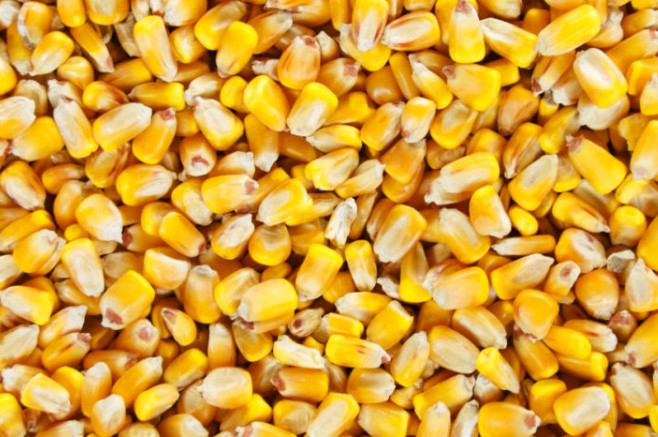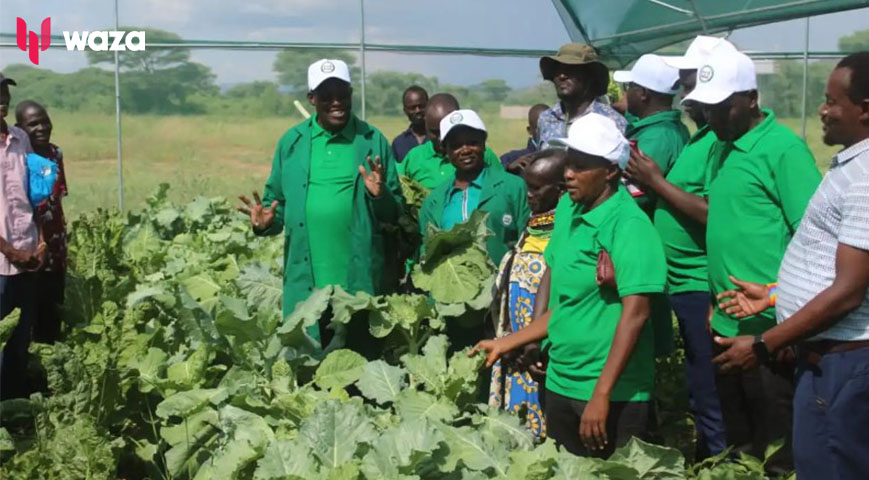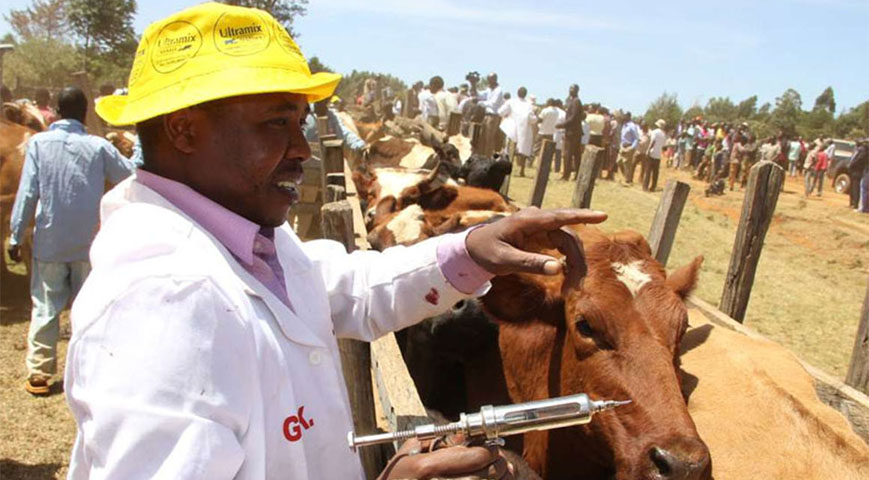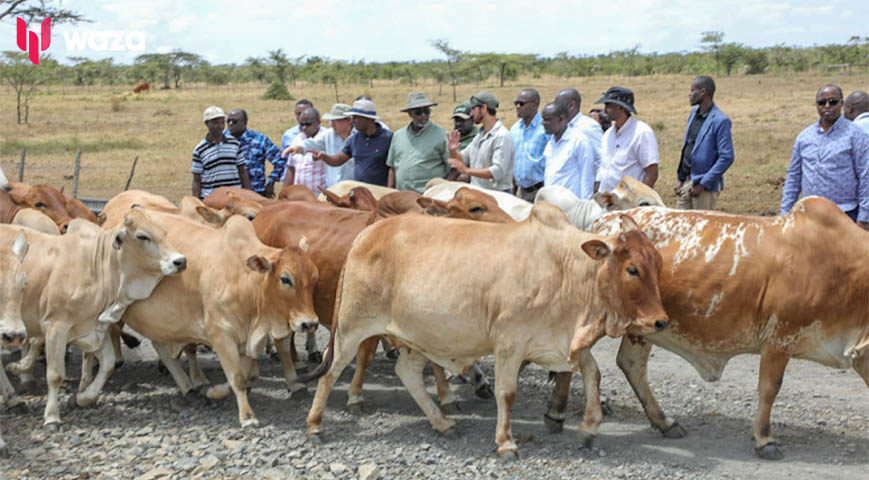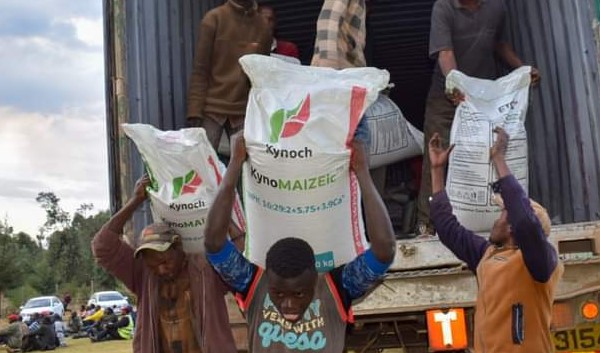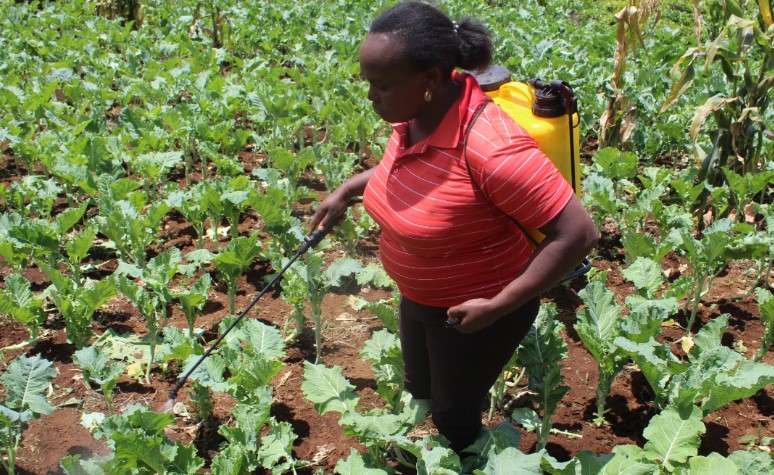The Kenya Bureau of Standards (KEBS) will conduct aflatoxin tests on Tanzanian maize amid concerns.
In a statement, the regulator said delays in clearing maize consignments at the border have led to a few trucks overstaying at the post, increasing the risk of aflatoxin.
“Arising from the long-standing delay in the clearance of maize consignments from the United Republic of Tanzania, as reported in the media, the Kenya Bureau of Standards makes the following communication,” read part of the statement.
Further, KEBS confirmed receiving reports that some trucks of maize have been waiting for authorization permits to move their maize consignments across the border into Kenya for an unknown period.
As a result, the body will ramp up tests to ensure that the commodities are aflatoxin-free.
“It is therefore advised that KEBS shall screen all the maize coming into the country for aflatoxin contamination,” it added.
“We have deployed enough personnel and kits for this purpose. However, this is a scientific procedure and results for each consignment will take about 2 hours upon receipt of import documentation and sampling.”
Aflatoxin is a toxin produced by a fungus found in maize or other agricultural products, such as peanuts, with deadly consequences for humans, such as vomiting, abdominal pain, and liver injuries, among others.

